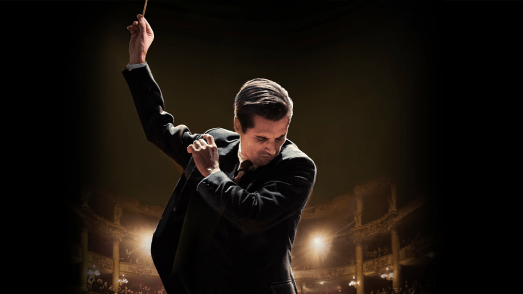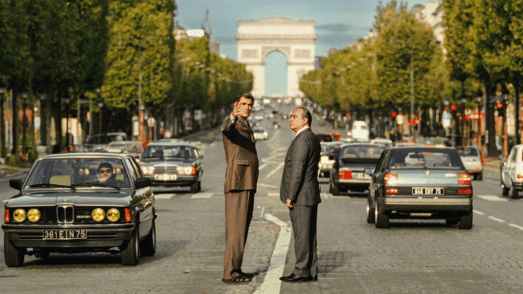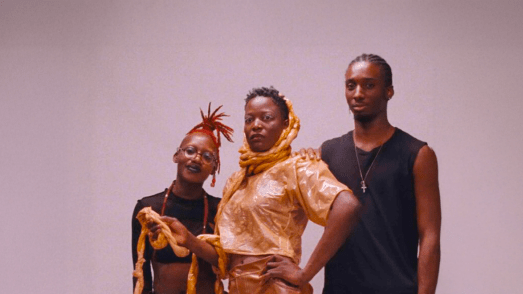FRANSK, SMUKT, RÅT: POETISK REALISME
There are both immortal classics and almost unknown restored gems in the series, which is presented in collaboration with Cinemateket and Studieskolen.
Poetic realism is a sub-genre of realistic drama that had its heyday around 1935-45. Poetic realism is particularly associated with France, where it originated - but it left its mark all over the world, in Italian neorealism, India, Denmark, Hollywood and many other places.
The central goal of this movement was to show the world as it is, harsh and unforgiving, but at the same time make it aesthetically pleasing, as if things in themselves are not always enough. We need to get to something essential.
The mix of beautiful and raw is a paradox in a way, but also one that the movies (the good ones) effectively eliminate. Coal slag, caps and barked fists have a rustic beauty to them, while a little Vaseline can be smeared on the lens when the sun hits the protagonists: it gives the beauty an extra glow.
There is also a philosophical weight to the depictions: fate, social bonds, an understanding of moral decay. With a famous dictum from the beacon of the movement, Jean Renoir: "In this world there is one terrible thing: That everyone has his reasons."
Seen from a contemporary perspective, the films feel out of time, like echoes of something past. The aesthetic is too refined to be compared to the dogma wave, the tone not comparable to much cinema this side of the 1970s. Watching a French realist film feels like nostalgia spiced with a sense of loss - like walking through a rustic working-class neighborhood that is being razed or allowed to fall into disrepair.
French realism was also a culture, understood as an artistic poetics, cultivated in the circle of Jean Vigo and Marcel Carné and the aforementioned Jean Renoir. He was the son of the painter Jean-Auguste Renoir, whose impressionist sensibility also rubbed off on the film wave, as art historian Christine Marstrand will explain in her introduction to 'The Human Animal' on June 2.
Poetic realism also reflects literary trends (the disillusionment of Louis-Ferdinand Céline, the psychology of Georges Bernanos), just as it is influenced by the changes in life and the labor market that hit all of Europe during the period.
There are both immortal classics and almost unknown restored gems in the series. We open on May 12 with a presentation of 'L'Atalante', and on June 10 there will be a French evening with 'Children of Paradise' and dinner.
FILM SCREENINGS
------------------------------------
Saturday, May 4
20.15: Children of Paradise (Marcel Carné, 1945)
Friday, May 10th
19.15: The Grand Illusion (Jean Renoir, 1937)
Sunday, May 12th
19.30: French evening: L'Atalante w. intro
Saturday, May 18th
14.00: Zero in Behavior (Jean Vigo, 1933)
17.30: Pépé le Moko (Julien Duvivier, 1937)
19.45: Quay of Mists (Marcel Carné, 1938)
Monday, May 20th
21.30: The Man-Beast (Jean Renoir, 1938)
Tuesday, May 21st
21.45: The Mad Lover (Jean Grémillon, 1943)
Wednesday, May 29th
21.30: The Misty Quay (Marcel Carné, 1938)
Saturday, June 1st
14.00: Zero in Behavior (Jean Vigo, 1933)
Sunday, June 2
14.15: Renoir + Renoir: The Human Animal w. intro
Wednesday, June 5th
16.45: The Grand Illusion (Jean Renoir, 1937)
Monday, June 10th
16.30: French Evening: Children of Paradise w. dinner in SULT
Wednesday, June 26th
19.00: Pépé le Moko (Julien Duvivier, 1937)
21.15: L'Atalante (Jean Vigo, 1934)
Friday, June 28th
21.00: The Mad Lover (Jean Grémillon, 1943)





